Article premium,
Reserved for subscribers
Emmanuel Body will be the coach of the French women's U20 team for the 2025 campaign, culminating in the European Championship, from August 2 to 10 in Matosinhos (Portugal). The coach of La Roche Vendée Basket (Women's League) gives his impressions of this “super exciting challenge”.
close
-
Emmanuel Body will aim for the title this summer at the Euro, with the French U20 women's team. | WEST-FRANCE ARCHIVE
The announcement was made officially on Friday, November 22, by the French Basketball Federation: Emmanuel Body will be the coach of the French U20 women's team for the 2025 campaign, culminating in the European Championship. , from August 2 to 10 in Matosinhos (Portugal). A nomination that generates pride
for the coach of La Roche Vendée Basket, who until now had never had a position with national teams. This is all the work accomplished over the years…







